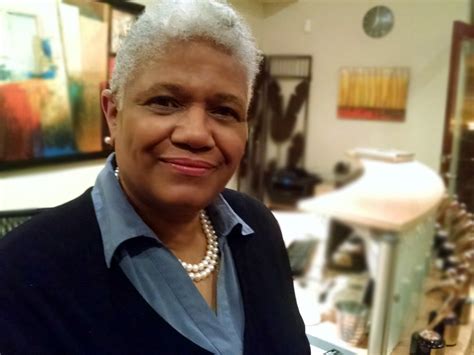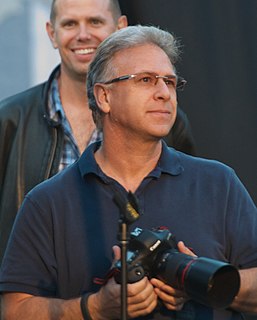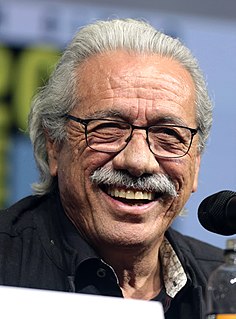A Quote by Evo Morales
Now goverments are a different thing. Presidents who do not want me. As I said, an African-American discriminates against an indigenous Bolivian. Well, they have their reasons, but sooner or later we will all be judged.
Related Quotes
Sooner or later, the ones who told you that this isn't the way it's done, the ones who found time to sneer, they will find someone else to hassle. Sooner or later, they stop pointing out how much hubris you've got, how you're not entitled to make a new thing, how you will certainly come to regret your choices. Sooner or later, your work speaks for itself. Outlasting the critics feels like it will take a very long time, but you're more patient than they are.
. . . What do you wish to be? What would you like to become?” I did not know, and I told her so, but the question worried me. Should I know? “There is time,” she said, “but the sooner you know, the sooner you can plan. To have a goal is the important thing, and to work toward it. Then, if you decide you wish to do something different, you will at least have been moving, you will have been going somewhere, you will have been learning.
I use African-American, because I teach African Studies as well as African-American Studies, so it's easy, neat and convenient. But sometimes, when you're in a barber shop, somebody'll say, "Did you see what that Negro did?" A lot of people slip in and out of different terms effortlessly, and I don't think the thought police should be on patrol.
So what about that key?" I asked. "I knew you'd be asking me about it sooner or later." He pulled the cord out from underneath his shirt and dangled the key in front of me. "What do you want for it?" I sneered. "Five dollars?" "I don't want money," he said with a wicked grin. "What does it go to?" "A kiss will unlock more than this key will," he whispered in my ear.
When I looked at 'Dear White People,' you have four African-American students who are all very different and who are trying to figure out who they are. They're dealing with identity issues and crises. That is exciting to me, to see African-American young people on a page, on a screen, who are so diverse and whose stories are all so different.
When I was a kid, I'd go to the African-American section in the bookstore, and I'd try and find African-American people I hadn't read before. So in that sense the category was useful to me. But it's not useful to me as I write. I don't sit down to write an African-American zombie story or an African-American story about elevators. I'm writing a story about elevators which happens to talk about race in different ways. Or I'm writing a zombie novel which doesn't have that much to do with being black in America. That novel is really about survival.











































